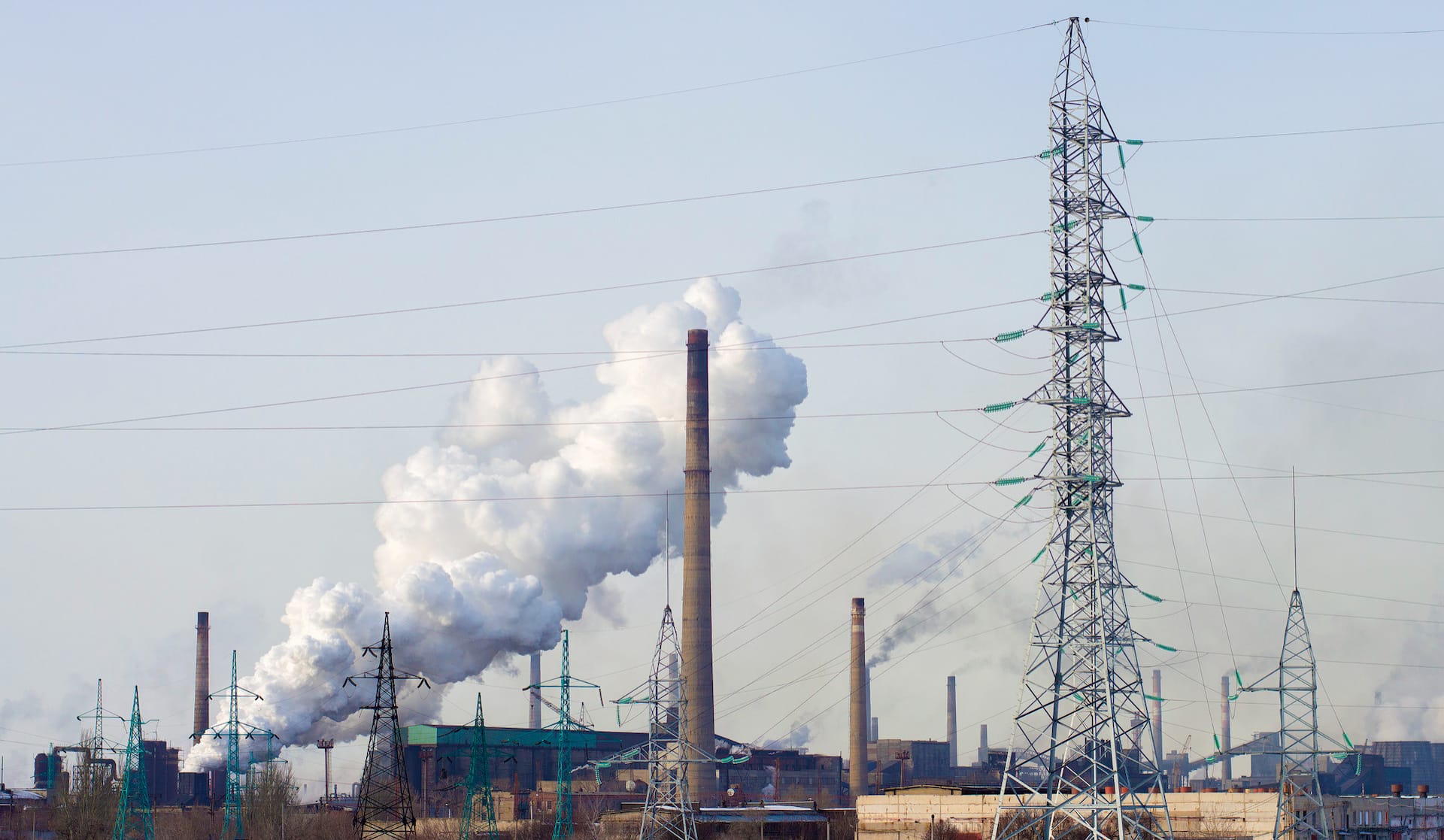
The first industrial revolution started 300 years ago, in the middle of the 18th century. Thousands of new products, production methods, and innovations were made in this era, and until today, we depend on what we achieved during the industrial revolution. Our modern-day tools and technologies are based on inventions that were made 300 years ago.
So now, we enjoy the advantages of this technology, but we also suffer from the disadvantages. The pros are clear: we have electricity and enough goods for everyone in first world countries. But we do not recognize the effects of the industries: gas emissions, water pollution, and global warming. As time pass, we still use more and more fossil fuels globally.
What is the Kyoto Protocol?
To counter this, countries agreed on the importance of changes in the industrial sector. So, at the end of the 20th century, 193 countries signed the so-called Kyoto Protocol.
About the Kyoto Agreement
In 1997, the Kyoto Protocol was signed by 193 countries. We consider this the first step in cutting gas emissions, but there are still many steps to take. However, the Kyoto Protocol only came into force in 2005.
The Kyoto Agreement was developed by the United Nations in order to reduce greenhouse gas emissions, protect the environment and minimize the effects of climate change. The nations signed it in Kyoto, during the UNFCCC (United Nations Framework Convention on Climate Change).
The participating countries are responsible for more than 60 percent of the world’s carbon emissions. However, the United States of America and Australia have never ratified the Kyoto Protocol. On top of that, the USA has quit the Paris Agreement on climate change.
In the end, 169 countries ratified the Kyoto Protocol.

What is the goal of the Kyoto protocol?
The goals of the Kyoto Agreement were to reduce emissions of greenhouse gases by 5.2% below the emission levels of 1990 by 2012. While the 5.2% figure is a collective one, individual countries were assigned higher or lower targets and some countries were permitted increases. For example, the USA was expected to reduce emissions by 7%.
Other than that, for example, India and China were not meant to reduce their emissions, because they are developing countries.
The Kyoto Protocol in Europe
The European Union is the main influence on climate politics. The Kyoto Agreement provided the first international framework to fight global warming, in which all of the EU member states are contributing.
Step by step, the industry will slowly reduce carbon dioxide emissions, and not just because of global warming: our global supply of non-renewable energy will not last forever. There is a need to switch to solar power, but until that using less polluting fossil fuels is a good solution.
Natural gas is the most environmentally friendly fossil fuel. Extraction, storage, and transportation are efficient enough to make this form of energy more sustainable than coal. Read more about natural gas vs coal.
The Paris Agreement replaced the Kyoto Protocol in 2015, signed by 197 countries.
